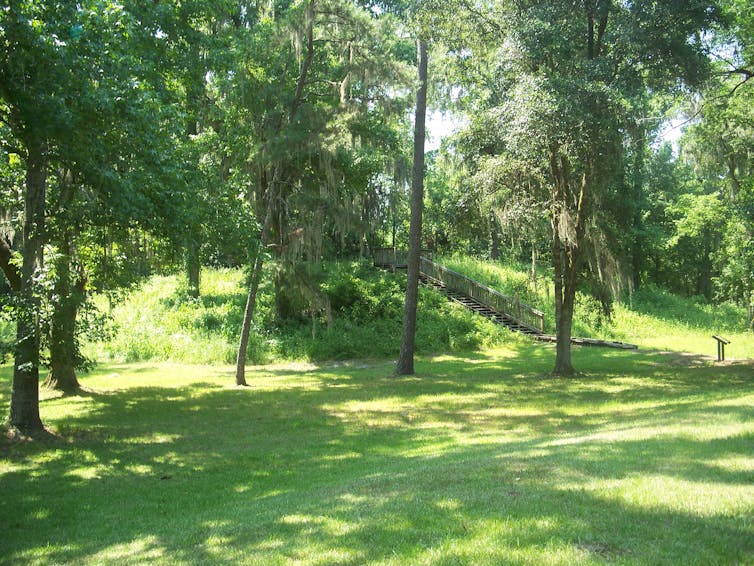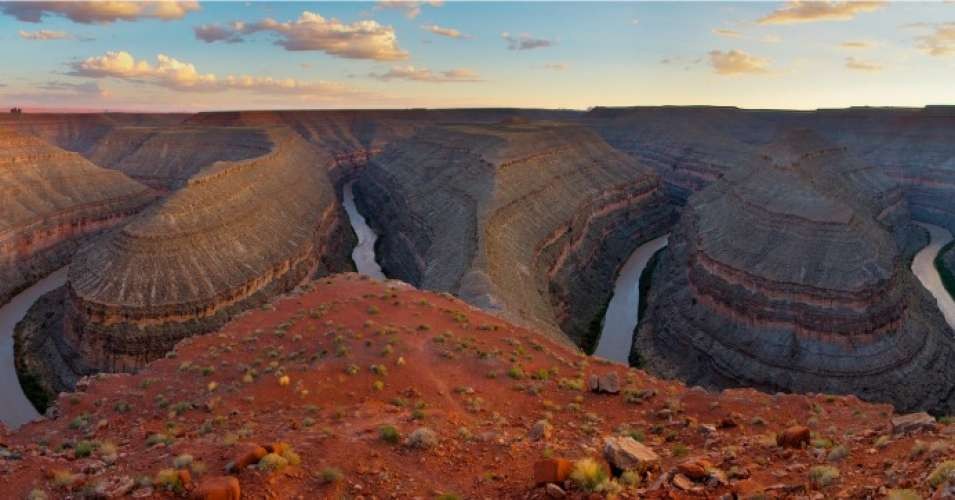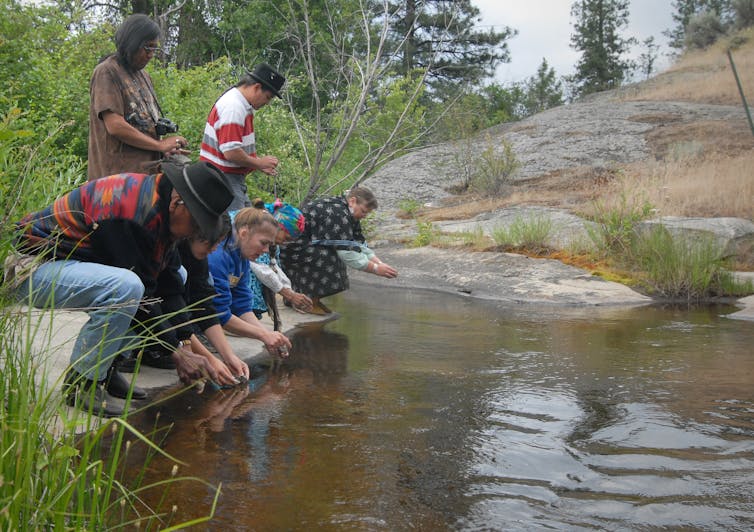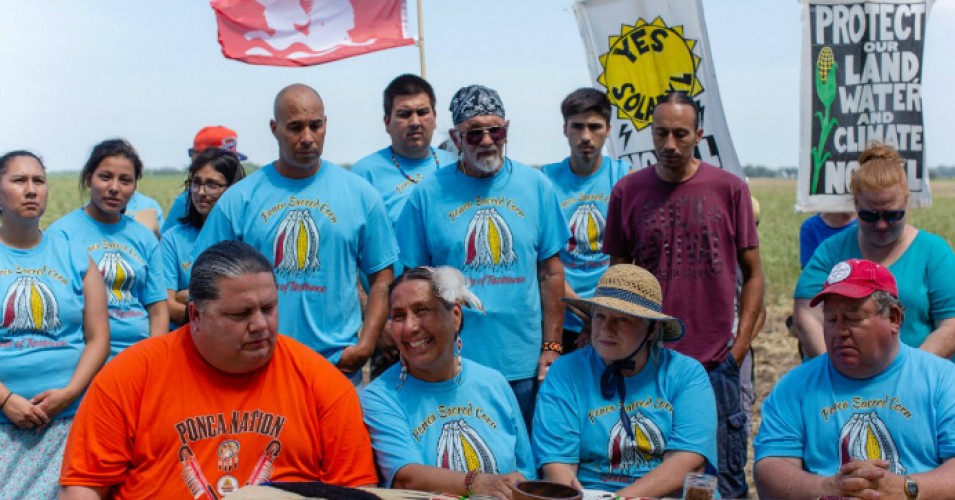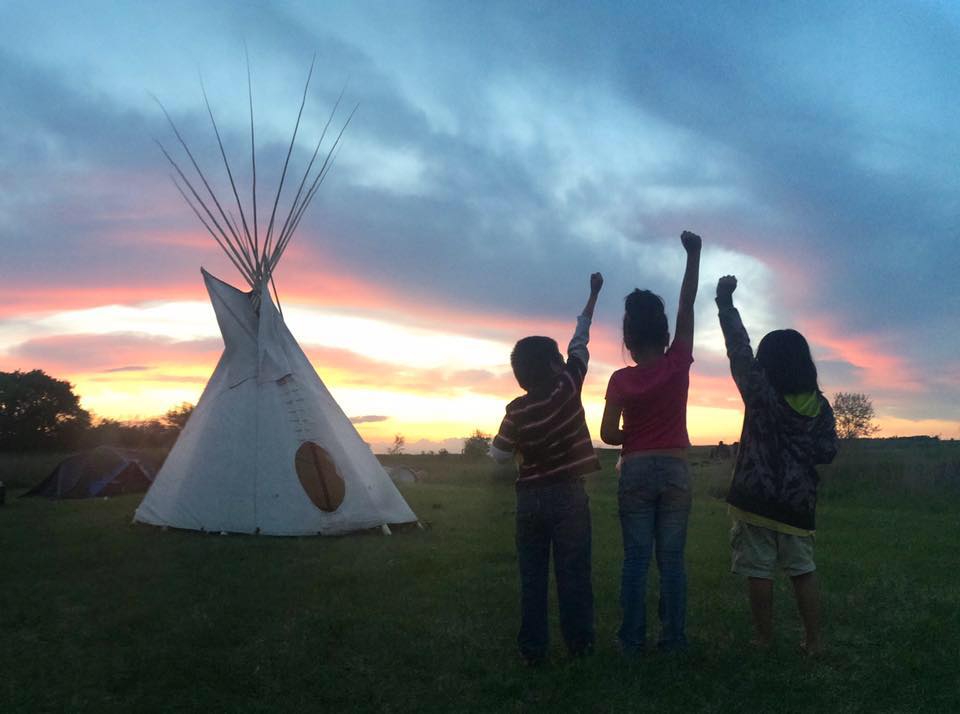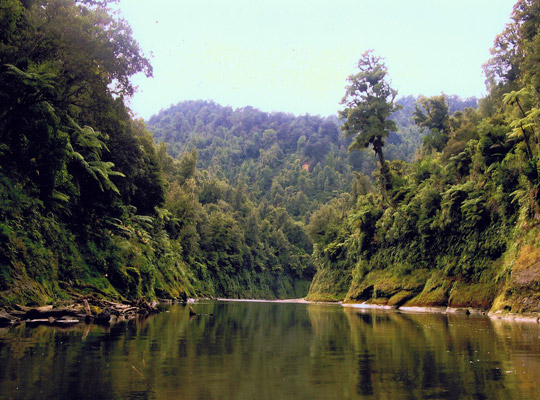The administration’s new managment plans “are the latest in a series of insults… that began when Trump illegally dismantled Bears Ears and Grand Staircase at the behest of corporate interests two years ago.”
By Jessica Corbett, staff writer for Common Dreams. Published 2-6-2020
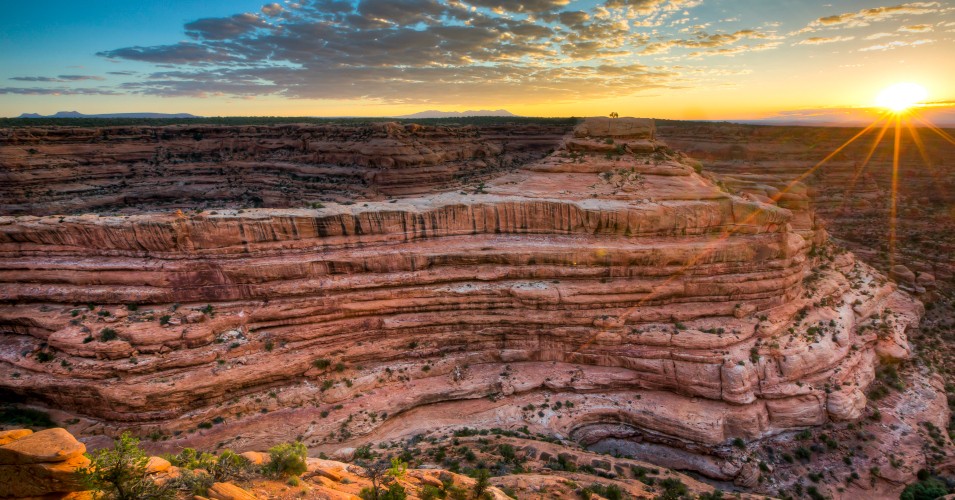
The Trump administration on Thursday released its final management plans for a lands previously protected as national monuments. (Photo: Bob Wick/Bureau of Land Management/Flickr/cc)
Tribal and conservation groups on Thursday condemned the Trump administration’s “unconscionable” final management plans for Utah lands previously protected as national monuments, which critics warn will open up the region to ranchers who want to graze livestock and companies looking to cash in on the area’s oil, gas, and coal.
In a joint statement Thursday, critics charged that the U.S. Interior Department should not have finalized the plans while President Donald Trump’s December 2017 decision to severely shrink the Bears Ears and Grand Staircase-Escalante national monuments is still being challenged in federal court. Continue reading



